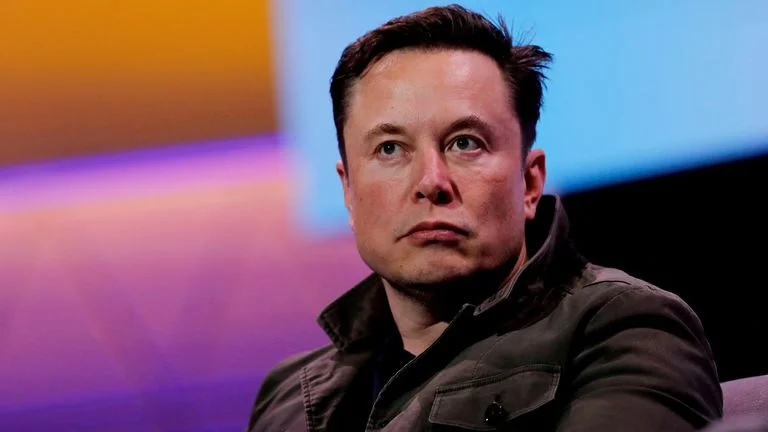Twitter, the popular social media platform, has announced its withdrawal from the European Union’s voluntary code aimed at combating disinformation. The EU confirmed the move after Thierry Breton, the EU’s internal market commissioner, made the announcement on Twitter, highlighting that new legislation would compel Twitter’s compliance. While the company has not officially commented on its decision, it will soon be legally obliged to actively fight against disinformation within the EU starting from August 25th. Breton emphasized that despite Twitter’s withdrawal, the obligations to combat disinformation remain, signaling that the platform cannot evade regulatory oversight.
The EU’s disinformation code was introduced in June of the previous year and has attracted dozens of technology companies, both large and small. Signatories include Meta (formerly Facebook and Instagram), TikTok, Google, Microsoft, and Twitch. The code’s objectives encompass preventing the monetization of disinformation and fake news, increasing transparency, and curbing the proliferation of bots and fake accounts. Participating companies have the flexibility to choose specific commitments, such as collaborating with fact-checkers or monitoring political advertising.
Twitter has not disclosed its official position regarding its withdrawal from the EU’s code and has not responded to requests for comment. However, under Elon Musk’s ownership, the platform has faced criticism for reducing its moderation efforts, which some argue has contributed to the amplification of disinformation. Previously, Twitter had a dedicated team working to combat coordinated disinformation campaigns, but reports suggest that many of these specialists either resigned or were laid off. Last month, the BBC uncovered numerous Russian and Chinese state propaganda accounts that were thriving on the platform, fueling concerns about the spread of disinformation.
In addition to the voluntary code, the EU has enacted the Digital Services Act (DSA), a law that imposes greater responsibilities on companies to combat illegal online content. From August 25th onward, platforms with over 45 million monthly active users in the EU, including Twitter, will be legally obliged to adhere to the DSA’s regulations. This means that Twitter will need to establish mechanisms for users to report illegal content, respond to notifications promptly, and implement measures to tackle the dissemination of disinformation.
The withdrawal of Twitter from the EU’s disinformation code raises concerns about the platform’s commitment to addressing the spread of disinformation effectively. With new laws soon coming into force, Twitter will face increasing pressure to adapt and comply with the regulatory landscape. European Commission officials have expressed the expectation that companies, including Twitter, take these codes and regulations seriously. Failure to do so could lead to further scrutiny and potential consequences.
Twitter’s decision to withdraw from the EU’s voluntary disinformation code signals a pivotal moment in the company’s approach to combating disinformation within the European Union. As the platform faces impending compliance with new laws, its actions will be closely monitored to ensure adequate measures are taken to prevent the spread of false information. The EU’s efforts to combat disinformation and regulate online content underscore the importance of transparency, accountability, and the need to safeguard the integrity of digital spaces.




